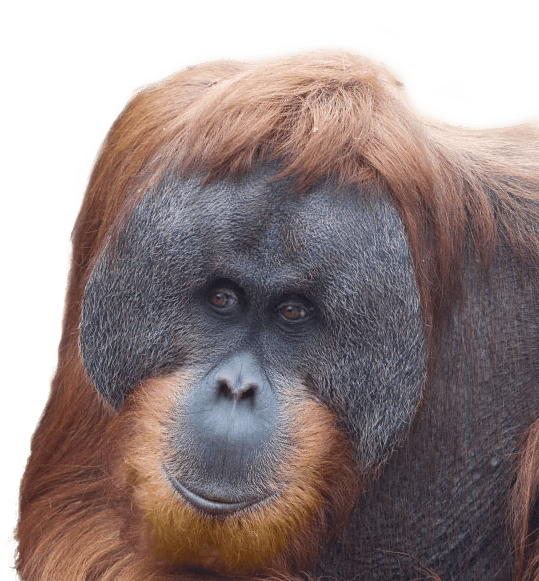The 2014 Adelaide Zoo Giant Panda breeding season has come to an end for another year. Adelaide Zoo staff are very pleased with the natural breeding behaviours both pandas displayed this year, in particular the dominant male behaviours Wang Wang displayed.
Although a competent mating did not take place this year, the four days of introductions between Wang Wang and Fu Ni gave the young pair an invaluable opportunity to build their breeding skills.
As Adelaide shifts its focus from pandas back to football, and its other black and white (and teal) star team, the signs look good that the panda pair will progress from the rookie list to the big time next year.
Adelaide Zoo Acting Senior Panda Keeper, Lucy Catt says the 2014 breeding season has been the most successful to date and puts the zoo in good stead for the next breeding season.
“We’re extremely pleased with the behaviours we observed this year, both pandas showed more mature breeding behaviours, while Wang Wang in particular was much more dominant in his interactions with Fu Ni,” Lucy said.
“They got so close this time around! We saw some great advancement over previous years, and there were only a handful of little things here and there that they didn’t quite get right.
“The team is so excited to see how much progress the pair have made since their first breeding season in 2011; we saw very little play behaviour of previous years and Fu Ni became submissive when Wang Wang showed his dominance, while Wang Wang was very focused, taking many opportunities to mount her, or hold her into position.
“There’s no doubt we’re disappointed that the pandas didn’t mate successfully this year, although it was not unexpected due to their age and inexperience. The pandas, and our team, have learnt so much this year, and with a little more time and maturity we know a successful mating is possible.”
Adelaide Zoo Veterinarian, Dr David McLelland says panda breeding in captivity is challenging, and the pandas’ unique reproductive biology makes it especially complicated.
“Most other bear species ovulate more frequently than pandas, and hence have more frequent opportunities to build their breeding skills. However with pandas they only get one opportunity to experience this each year,” David said.
“When Wang Wang and Fu Ni arrived in Adelaide they were very young, which was pretty unique for a zoo that houses Giant Pandas. Most zoos receive a pair that includes at least one panda that is sexually mature and may even have bred previously so they’re able to guide the less experienced one.
“As our two pandas are the first to reside in the southern hemisphere on a full time basis, Adelaide Zoo was really a test case to see how two immature pandas would sexually develop south of the equator. It was always going to take several years before our young pandas were mature enough to mate.
“There’s no doubt that Wang Wang and Fu Ni are a compatible pair, it’s only their age and inexperience that has prevented a successful mating to date. We have no reason to believe that they won’t be successful in the years to come as they mature and build on their skills and experience.”
The achievements of the 2014 Giant Panda breeding season will ensure the Adelaide Zoo panda team is in a positive position going into the next breeding season. The pandas’ behavioural improvements exhibited this year will have prepared them well for the future.
The Bamboo Forest will reopen to the public again today and visitors to Adelaide Zoo will once again be able to visit Adelaide Zoo’s star couple.
For up to date information on the Giant Pandas visit the Adelaide Zoo website. The zoo will also provide regular updates on the pandas on its Facebook page and Twitter page.










